Marketing Automation solutions streamline repetitive tasks, manage marketing campaigns across multiple channels, and analyze large amounts of data to drive growth and efficiency.
These solutions provide comprehensive tracking and insight capabilities, aiding companies to personalize their outreach and improve customer engagement. Businesses can utilize these tools to automate customer interactions and optimize their marketing strategies, leading to better resource allocation and increased ROI.
What features are essential in Marketing Automation solutions?The implementation of these solutions varies across industries. In retail, Marketing Automation focuses on personalized offers and loyalty programs. In healthcare, the emphasis might be on patient engagement and appointment reminders. Tech companies may use it for lead nurturing and product launch promotion.
This category is beneficial for organizations looking to enhance their marketing efforts through automation, data-driven insights, and streamlined operations, ultimately leading to better customer engagement and higher ROI.
| Product | Market Share (%) |
|---|---|
| Salesforce Marketing Cloud | 17.1% |
| Marketo | 9.9% |
| HubSpot Marketing Hub | 9.5% |
| Other | 63.5% |


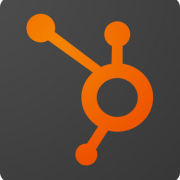







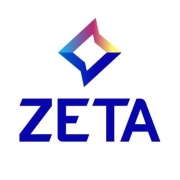


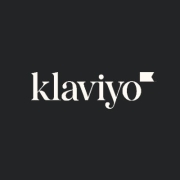


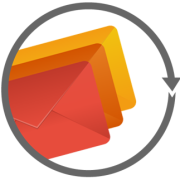









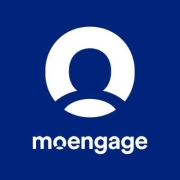

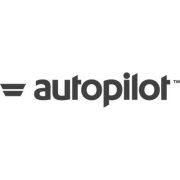



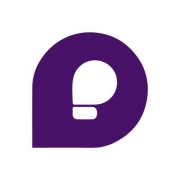
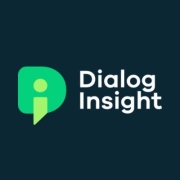









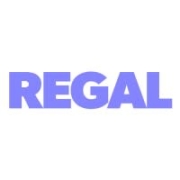
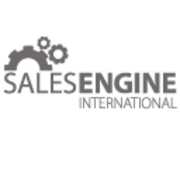
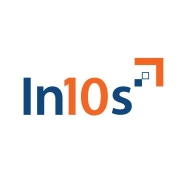




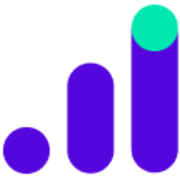
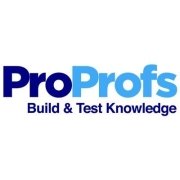
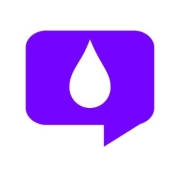



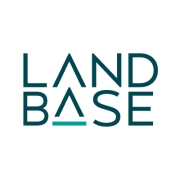
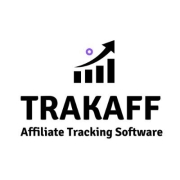



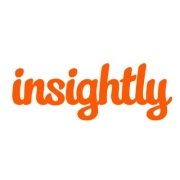

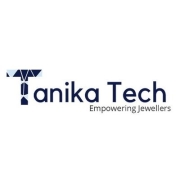

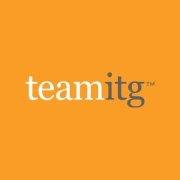



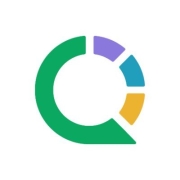









Marketing Automation enhances your lead nurturing process by enabling you to send personalized content to prospects at various stages of their buying journey. By automating email campaigns, social media postings, and tracking user behavior, you can deliver timely information to keep potential customers engaged. This targeted approach increases conversion rates and ensures your leads move smoothly through the sales funnel, ultimately improving your ROI.
What Are the Key Features to Look for in a Marketing Automation Tool?When selecting a Marketing Automation tool, it’s essential to consider features like lead scoring, CRM integration, email marketing, social media automation, analytics, and customer segmentation. These features equip you to efficiently manage campaigns, track performance, and gain insights into customer behavior. A tool that offers a robust set of these features helps streamline your marketing processes and maximize your team's productivity.
How Does Marketing Automation Enhance Customer Engagement?Marketing Automation enhances customer engagement by providing personalized experiences across various channels such as email, social media, and websites. Automated workflows allow you to communicate with your audience based on their actions and preferences, delivering relevant content that resonates with them. This kind of targeted interaction fosters stronger relationships with your customers, increasing loyalty and retention.
How Do Marketing Automation Tools Integrate with Existing Systems?Marketing Automation tools integrate seamlessly with existing systems like CRMs, analytics tools, and email platforms, creating a centralized hub for your marketing efforts. This integration ensures data consistency across your organization, allowing for comprehensive tracking of customer interactions. By connecting these systems, you gain valuable insights into your campaigns, fostering more informed decision-making and efficient resource allocation.
What Are the Common Challenges in Implementing Marketing Automation?Common challenges in implementing Marketing Automation include aligning it with your marketing strategy, integrating it with existing systems, and ensuring data quality. It is crucial to have a clear understanding of your objectives and to set up workflows that meet those goals. Training your team on the new system is also essential to overcome resistance and maximize the tool's potential. Addressing these challenges early will pave the way for successful adoption and utilization.